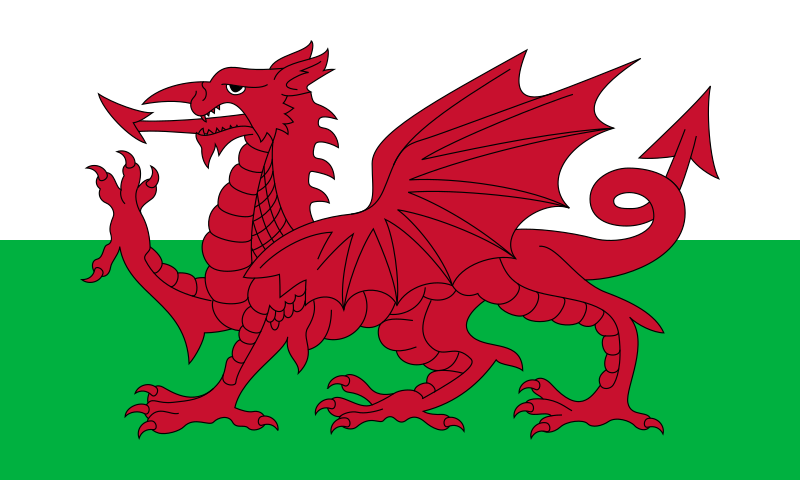Democrats: “Is there anything we can say that will make you donate today?” Constituents: “Are you f*cking high? Are you literally OUT OF YOUR F*CKING MIND?” #Democrats #DoNothingDemocrats #AIPAC #Weak #Israel #Genocide #EthnicCleansing #Gaza #Palestine #Trump #GOP #Lawless #Unconstitutional #Law
#ethniccleansing
How desperate #Palestinians are struggling to find #food and aid in #Gaza.
A few numbers by
@theguardian about the systematic use of starvation by #Israel
'Israel’s Killing of Aid Seekers in Gaza Are War Crimes: Human Rights Watch'
Ordinary people know this, but our politicians prefer to ignore the truth.
https://countercurrents.org/2025/08/israels-killing-of-aid-seekers-in-gaza-are-war-crimes-human-rights-watch/
#gaza #palestine #zionist #warcrimes #genocide #ethniccleansing

How David Lammy went from human rights lawyer to genocide apologist
The word coherence and the name Lammy are difficult to put in the same sentence without a negation somewhere.
Dear Israelis, do not fucking contact Gazans on here asking them to help you “understand about people living in Gaza”. And don’t fucking use my name when doing that (“saw that you had a call with someone else I follow on Mastodon (aral)”).
The fucking privilege, man.
Your country is committing genocide. Do you understand that? Do you understand that Palestinians in Gaza are trying to fucking survive right now as your country starves them and shoots them and bombs them and they don’t exist to satisfy your fucking curiosity?
Seriously, what the fuck?
You want to do something? Donate to their fundraisers so they don’t starve to death at the hands of your fucking country and otherwise hang your fucking heads in shame and shut the fuck up.
(I was alerted to this by someone from Gaza and they’re not the only one contacted in this way. The person in question has been blocked.)
Would you survive 2 months without #food?
'This Is What Must Be Done to Prevent Mass Starvation in Gaza in Palestine#
https://countercurrents.org/2025/07/this-is-what-must-be-done-to-prevent-mass-starvation-in-gaza/
#gaza #palestine #zionist #warcrimes #genocide #ethniccleansing

Hell would break loose internationally if Palestinians (or any army whatsoever) were killing this amount of Israelis waiting for aid. Open your eyes! #FuckMoses
IDF gunfire kills 30 Palestinians waiting for aid, Gaza defence ministry says
'Zikim Aid Massacre: 58 Starving Civilians Killed by Israeli Forces While Seeking Aid in Northern Gaza'
Don't Skarmer, Carney and Macron, realise their children, grandchildren, great grandchildren,.. Will be taught, how they were directly involved in the massacre of the Palestinian people!
#gaza #palestine #zionist #uk #canada #france #genocide #ethniccleansing
"Substantial and well-documented evidence indicates a catastrophic public health emergency in Gaza (appendix pp 1–5), marked by severe food insecurity and alarming levels of malnutrition-related deaths. Life expectancy at birth reportedly declined by approximately 35 years in 2024. This represents a greater collapse in longevity than that recorded during the genocide in Rwanda, where life expectancy at birth declined from age 42·9 years in 1993 to age 12·2 years in 1994.
Palestinian children have been disproportionately affected. Since October 7, 2023, Gaza has recorded more child deaths than any other conflict zone and has the highest number of children with amputations per person in the world. The health-care system has also been systematically dismantled. Between October, 2023 and May, 2025, there were 720 documented attacks on health-care targets, including 125 health facilities, 34 hospitals, and 186 ambulances. Gaza has recorded the highest numbers of health-care worker fatalities (over 1400 deaths), UN staff deaths (295 deaths), and journalist fatalities (212 deaths) in any recent conflict zone.
Starvation is being used repeatedly and relentlessly as a weapon of war. Leading human rights organisations, UN agencies, and UN Special Rapporteurs have officially recognised the genocide in Gaza. This position is also supported by a broad and distinguished group of genocide scholars. However, most public health, medical, and social science associations have either remained silent or issued vague statements—a response that contrasts sharply with their rapid and vocal support in other conflicts, such as with Ukraine. This pattern suggests a selectively empathic response: a tendency to express solidarity with people who are perceived as being part of a so-called in-group and neglect those classified as an out-group based on nationality, ethnicity, religion, or geopolitical alignment."
https://www.thelancet.com/journals/lancet/article/PIIS0140-6736(25)01541-7/fulltext
It's false to speak about "silence". Europe is actively supporting the #gazagenocide and the #EthnicCleansing of 76 years. It's not just complicit, it's a perpetrator of the #genocide. https://www.aljazeera.com/opinions/2025/7/31/former-eu-ambassadors-warn-europes-silence-on-gaza-is-complicity
You mean to tell me the folks carrying out the genocide of the indigenous Brown people whose land they occupy are racist? No, never!
#israel #racism #ChrisSmalls #Handala #genocide #ethnicCleansing #apartheid #settlerColonialism #Palestine #Gaza #WestBank #StopIsrael #StopTheWar #BDS #FreePalestine

If Western governments were serious they would stop all financial transactions, trade, permission of Israeli flights into/out of their countries or ships at their ports, and ban all Israeli persons from entering their countries. All Israeli leadership & IDF soldiers serving in Gaza would be subject to immediate arrest and prosecution. Instead we get this hand waving. #FreePalestine #genocide #ethniccleansing #Canada #Palestine #Israel #crimesagainsthumanity #warcrimes
https://www.nytimes.com/2025/07/30/world/canada/canada-palestinian-state-recognition.html

FEMICIDE AND INFANTICIDE, nothing seems to convince nations around the world to stop Israel from continuing genocide! #FuckMoses
I lead a top Israeli human rights group. Our country is committing genocide
https://www.theguardian.com/commentisfree/2025/jul/30/israeli-human-rights-group-genocide
'Britain forced a famine on Ireland, now it’s taking part in the Gaza genocide'
https://electronicintifada.net/blogs/david-cronin/britain-forced-famine-ireland-now-its-taking-part-gaza-genocide?utm_source=EI+readers&utm_campaign=73d8328960-RSS_EMAIL_CAMPAIGN&utm_medium=email&utm_term=0_e802a7602d-73d8328960-299249479
#gaza #palestine #zionist #uk #warcrimes #genocide #ethniccleansing
Former Tucson Border Patrol agent indicted on 10 counts of child sex trafficking, other felonies
Bart Conrad Yager was a Border Patrol agent in Willcox. Customs and Border Protection says its internal investigative wing arrested him last month based on allegations of child sex trafficking, fraud and pandering.
'UK’s Largest Jewish Organization Urges Israel to Allow Unrestricted Gaza Aid'
I would not call the Board of Deputies, a Jewish Organisation, but a Zionist organisation.
https://www.palestinechronicle.com/uks-largest-jewish-organization-urges-israel-to-allow-unrestricted-gaza-aid/?utm_source=emailoctopus&utm_medium=email&utm_campaign=The%20Palestine%20Chronicle%20Newsletter%2C%20July%2030%2C%202025
#gaza #palestine #zionist #warcrimes #genocide #ethniccleansing

'Gaza: the “worst-case scenario of famine.”
“The tipping point has already occurred”'
https://www.jewishvoiceforpeace.org/2025/07/30/world-is-watching-gaza/?utm_medium=email&utm_source=wire&sourceid=1001761&emci=87e6338d-5c6d-f011-8dc9-6045bda9d96b&emdi=229b629f-666d-f011-8dc9-6045bda9d96b&ceid=181286
#gaza #palestine #zionist #warcrimes #genocide #ethniccleansing





